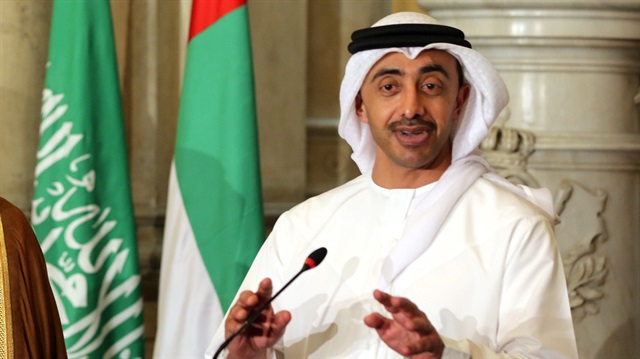
A senior United Arab Emirates (UAE) official said international monitoring was needed in the standoff between Qatar and its Arab neighbours, adding he saw signs that the pressure exerted on Doha "was working".
Saudi Arabia, the United Arab Emirates, Bahrain and Egypt imposed sanctions on Qatar on June 5, cutting diplomatic and transport ties with the tiny Gulf monarchy, accusing it of financing extremist groups and allying with Gulf Arab states arch-foe Iran. Doha denies the accusations.
"We need a regional solution and international monitoring," said Anwar Gargash, UAE Minister of State for Foreign Affairs, in prepared remarks he was scheduled to deliver on Monday in London.
"We need to be certain that Qatar, a state with $300 billion in reserves, is no longer an official or unofficial sponsor of terrorist causes," he said, giving no further detail on the proposed monitoring.
Gargash said the memorandum of understanding signed by the United States and Qatar on Tuesday on the financing of terrorism was a positive development.
Washington and Doha signed the agreement as U.S. Secretary of State Rex Tillerson visited Qatar on a three-day tour of Gulf-Arab countries to try to end a month-long rift between Western-allied Arab states.
Still, the four Arab powers have said the memorandum fell short of allaying their concerns, that their sanctions would remain in place until Doha meets their demands and that they would keep a close eye on Qatar's efforts to fight terrorism funding.
"We do see signs now, however, that our pressure is working," Gargash said. "We are ready for this process to take a long time."


